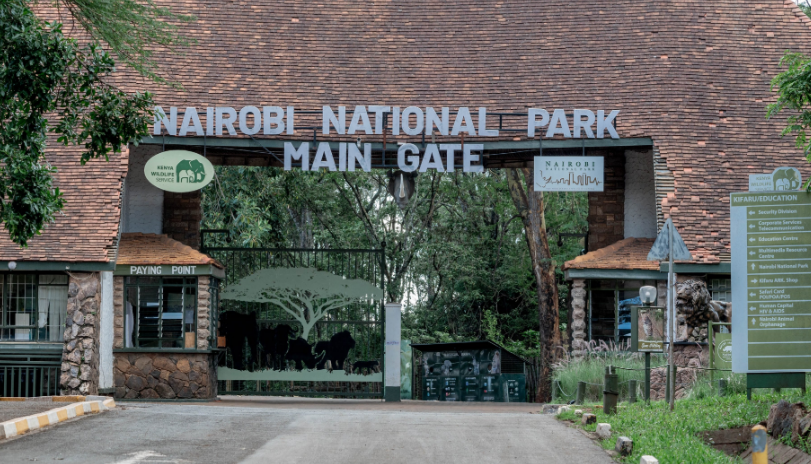Kenyans may soon face higher entry fees to national parks as the Kenya Wildlife Service (KWS) moves to implement new charges under the proposed Wildlife Conservation and Management (Access and Conservation Fees) Regulations, 2025. The draft regulations, which are awaiting parliamentary approval, seek to address a widening funding gap in wildlife conservation efforts.
KWS generated Sh7.92 billion in the 2024/25 financial year against a target of Sh19.79 billion, severely affecting its ability to protect wildlife, restore degraded ecosystems, and sustain conservation initiatives. With these new proposals, the agency hopes to collect Sh16.58 billion by 2028, easing the heavy reliance on government funding.
The revised fee structure will see increased charges for access to national parks, reserves, sanctuaries, and marine protected areas. For example, at Amboseli National Park, Kenyans will pay Sh1,500, up from Sh860. Non-residents will see fees rise from US$60 to US$90, while African citizens will pay US$50.
At Nairobi National Park, the fees for Kenyans will jump from Sh430 to Sh1,000. Non-residents will pay US$80, up from US$43, and African citizens will part with US$40. Similarly, entry to Tsavo East and Tsavo West will rise to Sh1,000 for Kenyans and US$80 for non-residents.
In less-visited parks like Hells Gate, Mt. Longonot, and Marsabit, Kenyans will pay Sh500, up from Sh300. Non-residents and African citizens will pay US$50 and US$20 respectively.
To cushion the impact, KWS plans to introduce several citizen-friendly measures, including combined packages, family annual passes, free entry for citizens aged 70 and above, and persons with disabilities. It also plans to revise the definition of children to those aged between 5 and 17 years and introduce “Africa rates” to encourage regional tourism.
Wildlife tourism contributes roughly 10% to Kenya’s GDP and generates over US$1 billion in annual direct revenue. KWS argues that the proposed fee adjustments are necessary to ensure the long-term sustainability of Kenya’s rich biodiversity and to enhance visitor experiences. The final decision now rests with Parliament.

